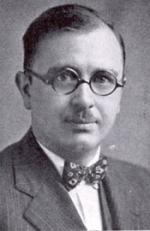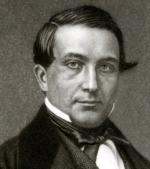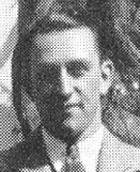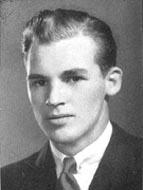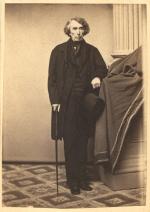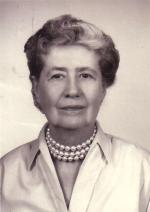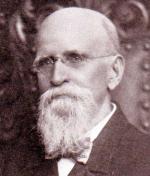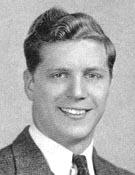Russell Irvin Thompson (1898-1957)
Russell Thompson was born in Reading, Pennsylvania on December 29, 1898, the son and grandson of physicians, which may account for his undergraduate nickname, "Doc." He attended Reading High School and entered Dickinson College in Carlisle, Pennsylvania with the class of 1920. As an undergraduate he was a member of Belles Lettres Literary Society and Kappa Sigma fraternity, served as a cabinet officer in the Y.M.C.A., and was editor-in-chief of the 1919/1920 Microcosm.
After graduation he taught Greek at the Williamsport Seminary before going on to study education and psychology at Yale. While there he was director of the Wesley Settlement House of the Methodist Episcopal Church in New Haven between 1926 and 1928 before earning his Ph.D. in 1932.
He returned to his alma mater for the 1928 fall term to teach in his two doctoral subjects. He was soon promoted to associate professor and helped to develop the teaching of psychology and education at the College during the 1930s. In 1941,when Professor Wilbur Norcross died suddenly, Thompson became full professor, the Richard V.C. Watkins Chair of Psychology and Education, and head of the department.

